【新唐人2011年9月22日訊】曾追蹤報導地溝油醜聞的河南記者李翔,身中十幾刀遇刺身亡,再度引起國內輿論對地溝油猖獗的關注。專家估計,中國人每10頓飯可能就有1頓吃到地溝油。海內外評論指出,權貴特供體系滋生地溝油等有毒食品,中共的腐敗體制加劇社會道德淪喪和民眾生存危機。
河南洛陽電視臺記者李翔9月18號回家途中,被人連捅13刀身亡,隨身攜帶的電腦包被搶。20號,兩名嫌犯被抓獲,警方通報說是酒後搶劫殺人。
今年30歲的李翔負責洛陽電視臺民生、法制報導。他15號發佈生前最後一則微博,與當地煉製地溝油窩點有關。早前外界猜測,他的死因可能是「地溝油商買兇殺人」。
《無國界記者》組織發表聲明,對李翔被刺身亡表示震驚。《鄭州日報》報導說,李翔遇害被懷疑與地溝油有關,實質在一定程度上也成了公眾對地溝油焦慮輿情的渲洩口。
所謂地溝油是從下水道中撈取的泔水殘渣、餐飲垃圾,經過加工、脫色脫臭後,重新變成清亮的一種油,外觀和沙拉油沒甚麼差別。
醫學研究顯示,地溝油中所含的黃麥黴素是一種強烈的致癌物質,毒性是砒霜的100倍。
全國糧油標準化委員會油料和油脂工作組組長何東平教授去年說,目前全中國每年返回餐桌的地溝油有200-300萬噸,佔全中國食用油市場十分之一。但他隨後否認說過這樣的話,並表示「壓力很大」。
黃良天(《百姓》雜誌前主編):「應該是受到一些壓力,因為他這種言論影響了安定團結的社會局面,造成人心恐慌,以這個藉口肯定他那個。他說出來應該是很自然的,後來出來改口應該是不自然的,能夠對他造成壓力肯定不是老百姓。」
「華農食品科技學院」教授王承明認為,何東平所說的只是保守的數字,2009年全中國地溝油的使用量達400-500萬噸。
經濟學家郎咸平指出,暴利造就了中國地溝油產業鏈,地溝油行業一年的總利潤達到15-20億元。
近日,浙江、山東、河南等地摧毀了一個跨越14個省的地溝油網絡,查獲地溝油100多噸、已罐裝假冒品牌「食用油」100多箱,抓獲主要嫌犯32名。
「濟南格林生物能源公司」以生產銷售生物柴油為名,從浙江、四川、貴州等地收購粗煉過的地溝油,加工為成品油,產量達每天數十噸,批發給一些糧油公司流入食品市場,或者罐裝零售給賓館、飯店、夜排檔、油條攤。
16號,烏魯木齊市也查獲了一個地溝油加工廠,把又髒又臭的地溝油加工製成酸化油,賣給化工廠成為生產香皂和油漆的原料。
《南方都市報》評論指出,地溝油:又一個「誰都在管誰都不管」。《新華網》時評說,在警方偵破的地溝油案件中,淘撈、粗煉、倒賣、深加工、批發、零售等各個環節,都沒有看到監管部門的身影。
英國《金融時報》20號的文章指出,權貴「特供」經濟,將中共官員食品排除在市場體系之外,每一級官員都會如法炮製,讓自己成為有毒食品中的安全孤島。
《新華網》16號報導,浙江麗水遂昌縣的綠色農產品基地,保障了浙江一些政府部門和單位的內部供應,因而變成「特供農場」。當地農業局進行了反駁,但網絡上依然群情洶湧。
朱健國(深圳獨立作家):「比如說國務院現在已經有很多的資料和文章證明,他們幾十年來一貫制的在吃著特供食品﹔各地的政府都有形形色色的特供渠道,富豪執政者他根本就感覺不到食品安全問題。還有個問題就是他們的官商勾結,一旦要真正動手,就要危害他們企業界的朋友,比如說三聚氰胺的都是王牌企業。」
《金融時報》的評論指出,如同以往歷次執法,沒有人因為大範圍的有毒食品氾濫被問責。可怕的食品安全顯示出(中國)社會道德無底線、誠信徹底缺失、公平市場規則的淪喪。
新唐人記者常春、李元翰、黎安安採訪報導。
Hogwash Oil: For Public Only
Henan journalist, Li Xiang, was stabbed for his investigation
of hogwash oil scandals, spotlighting the scandal once again.
It is said that on average, every Chinese has one out of ten
meals cooked with hogwash oil.
Critics believe that this special provision system
leads to tainted food problems.
The Chinese Communist Party』s (CCP) corruption system
destroys morality and threatens lives.
Journalist Li Xiang from Henan Luoyang TV was stabbed
13 times on his way home on September 18.
His computer was also taken from his home.
On September 20, police announced that two suspects
were arrested for robbery.
The 30-years old TV journalist was reporting on legal issues.
His last microblog on September 15 was about hogwash oil.
Some believe that hogwash oil manufacturers
may have paid someone to murder him.
Reporters Without Borders released a statement
expressing their shock.
Zhenzhou Daily stated that the allegation of the murder
being related to Li Xiang』s hogwash oil reports,
shows to some extent the public』s concern
about the hogwash oil issue.
Hogwash oil is a refined oil from food leftovers,
kitchen trash, and sewage water.
After special treatment for color and odor,
it looks clear, like normal salad oil.
Medical research shows however, that hogwash oil contains
a strong carcinogen, 10 times more poisonous than arsenic.
He Dongping, expert from National Food and Oil Standard
Committee said last year,
that 2-3 million tons of hogwash oil is used annually,
making up to 1/10 of China』s total oil consumption.
However, later he denied what he said in his speech,
explaining that he was under “a lot of pressure” afterwards.
Huang Liangtian (Former editor, Bai Xing magazine):
“He must have suffered some pressure,
because his speech was viewed as stirring public concerns,
and affecting social stability.
What he said was the truth, his denying it later was not.
Whoever put pressure on him won』t just be a public member.”
Professor Wang Chenming from Huanong Food Technology
College believes that the given by He Dongping figure
was underestimated. Professor Wang claims that in 2009,
hogwash oil consumption was 4-5 million tons.
Economist Lang Xianping explained how China』s hogwash
oil industry is highly lucrative, with its ca. RMB2 bill. a year.
Recently, a hogwash oil marketing network
in more than 14 provinces was exposed,
with over 10 tons of oil and 100 boxes of fake brands
cooking oil confiscated, and 32 suspects arrested.
Under the name of producing bio diesel, the Jinan Gelin
Bio Energy company collected crude hogwash oil
from other provinces, and refined them into oil,
with a daily production of more than 10 tons.
Then, they wholesaled or retailed them to food markets,
hotels, restaurants or street stalls.
On September 16, Wulumuqi City also found
a hogwash oil production facility.
The dirty and smelly oil was processed
and sold to chemical factories to make soaps or paints.
Commentaries from South Metropolis Daily said, hogwash
oil is just another issue the government does nothing about.
Xinhua News Agency said that when reviewing the cases
of hogwash oil, in every stage, from collection, refinement,
wholesale to retail, one could never find
any government agency monitoring.
Financial Times』 article from Sept. 20 states, the officials』
Special Provision System removes their food from the market.
Throughout China people are trying to copy this system
to stay safe amidst the booming industry of tainted foods.
Xinhua website reported on September 16, that the organic
farm at Suichang Jiangsu was transformed into a special farm
supplier to provincial governments, which was refuted by
local agriculture agency, but criticism flooded the micro blogs.
Zhu Jiangu (Shenzhen Independent Writer):
“State Council has many documents
showing that they have been enjoying special food supplies,
and every local government has their own provision channel.
The rich officials never feel the threats of tainted foods.
Even worse, officials and businessman collaborate, so they wouldn』t harm each other.
The company producing tainted baby formula
was labeled as a premier business.”
Financial Times』 commentaries note that just like before,
nobody is ever held responsible for tainted foods.
The terrible state of food safety shows how China』s society
is losing moral grounds on honesty and fairness.
NTD reporters Chang Chun, Li Yuanhan and Li Anan
看下一集
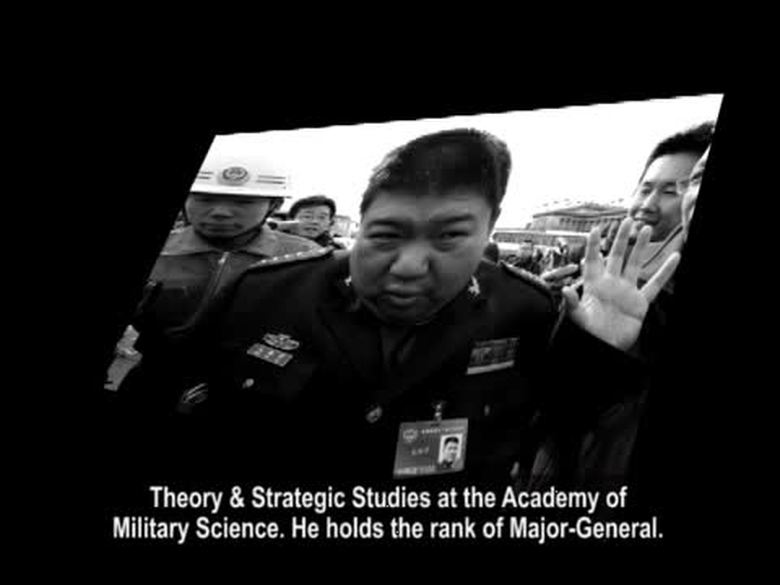
【禁聞】毛新宇“文革滅四人幫論”惹笑柄
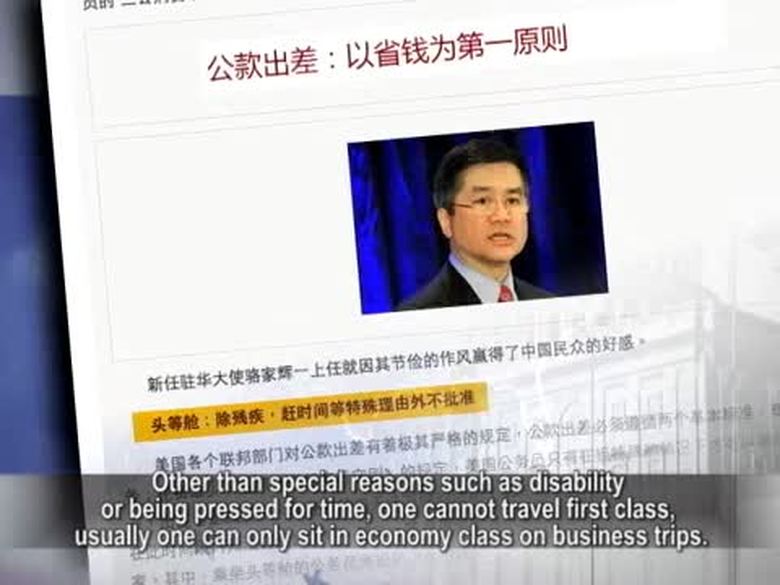
【禁聞】美中官員「三公消費」顯高低
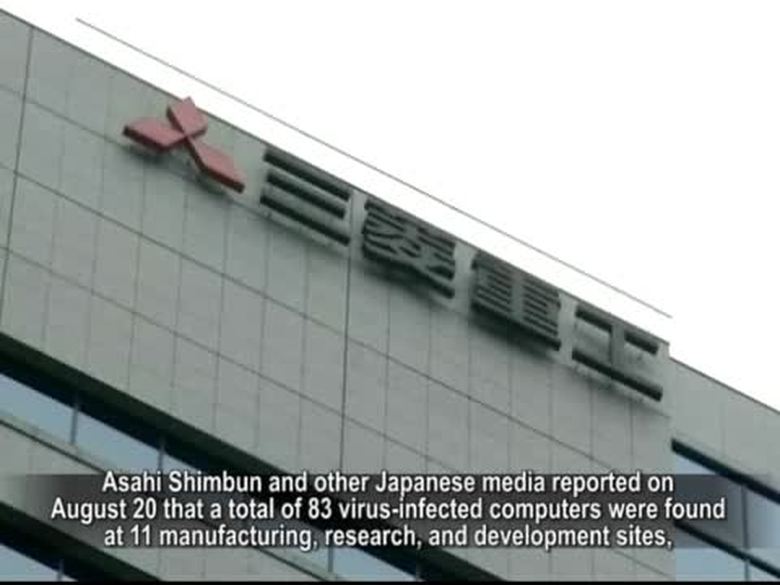
【禁聞】三菱被黑 攻擊者使用中文操作
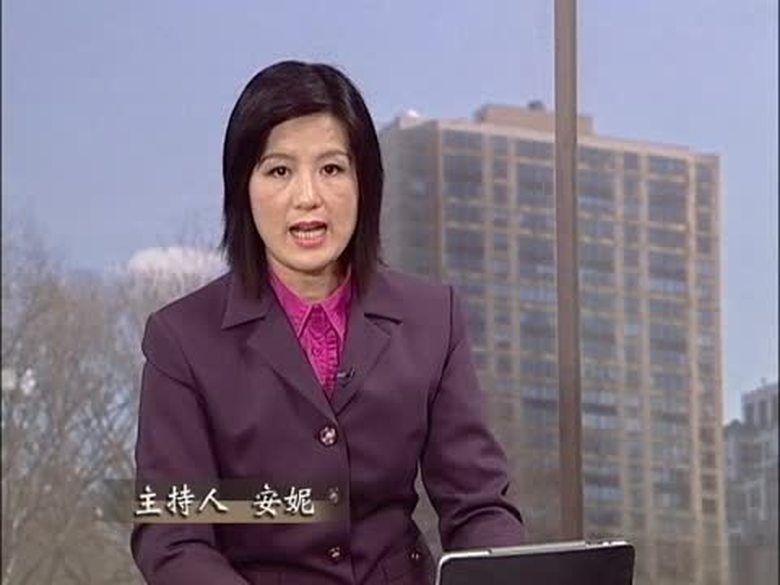
【禁聞論壇】中國式次貸危機即將發生?
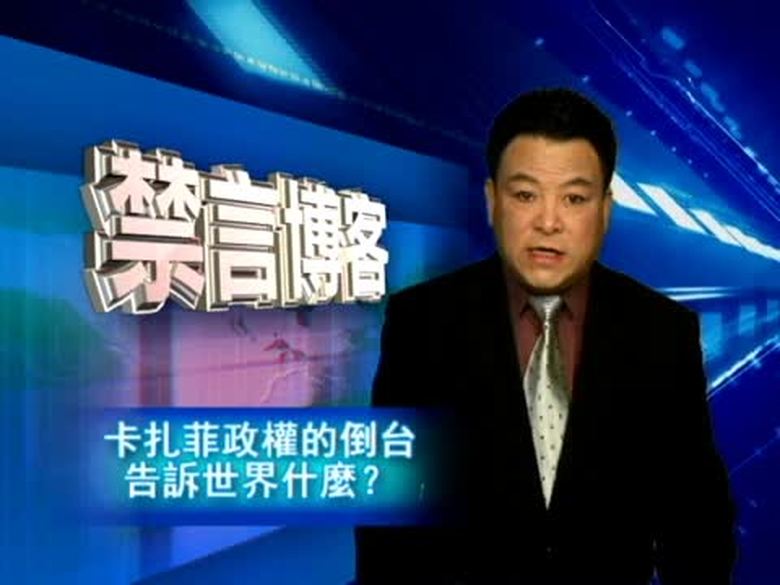
【禁言博客】卡扎菲政權的倒臺告訴世界甚麼?

【禁聞】美臺軍售案 中共反應烈
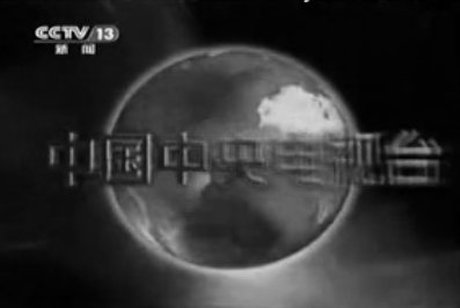
【禁聞】《央視》將改版 民眾:改也不看
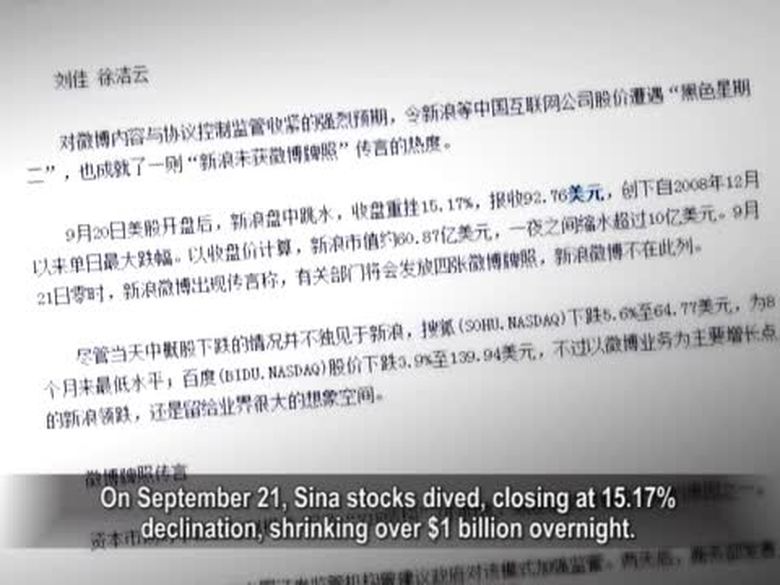
【禁聞】新浪遇“牌照門” 再陷“關閉門”
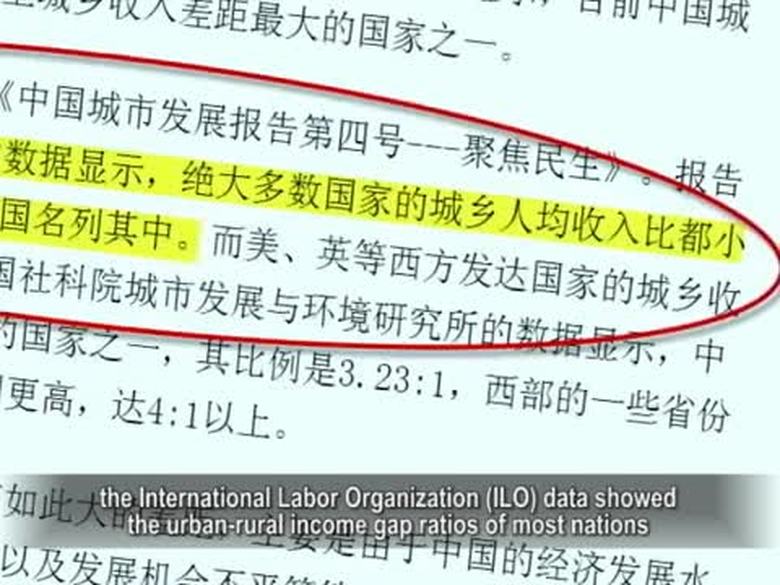
【禁聞】報告:中國城鄉差距世界第一
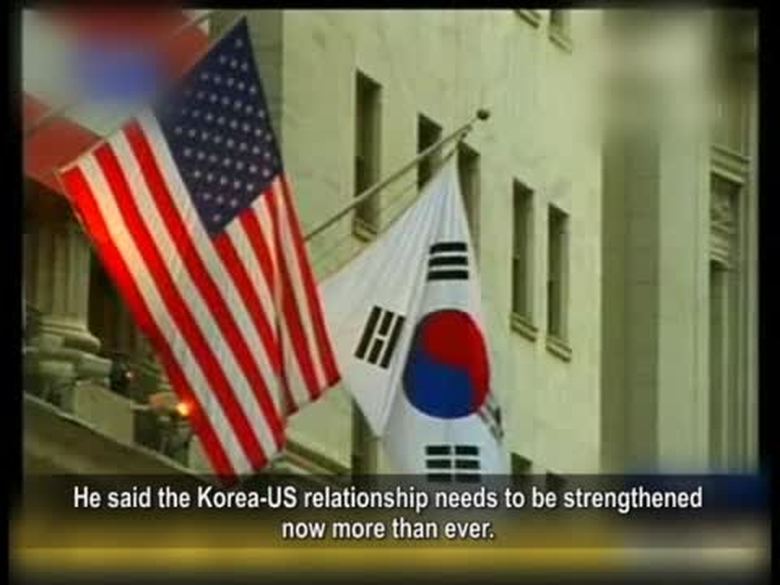
【禁聞】李明博紐約領獎 遣返法輪功受譴責
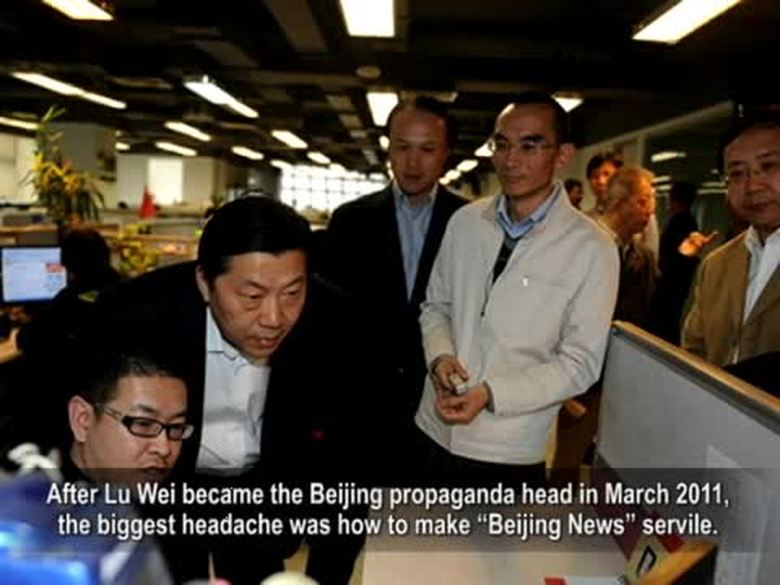
【禁聞】京城兩報遭貶 整肅背後內幕
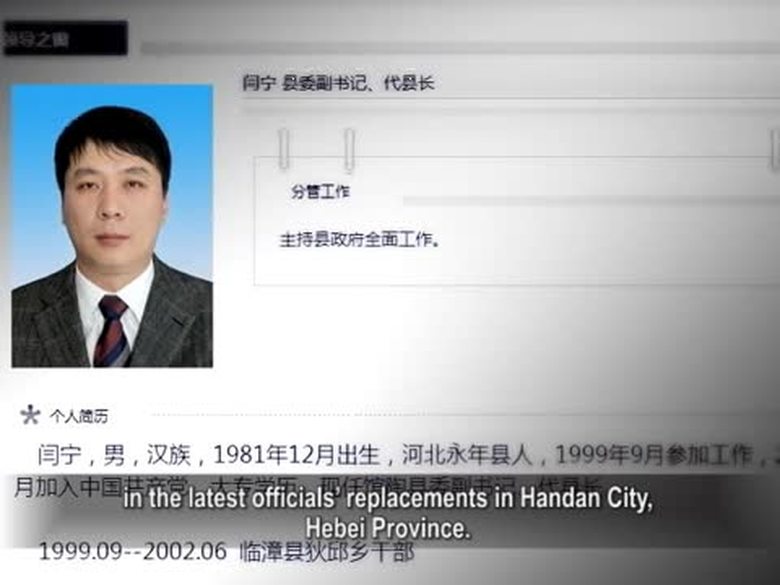
【禁聞】29歲縣長 又一場“拼爹遊戲”?
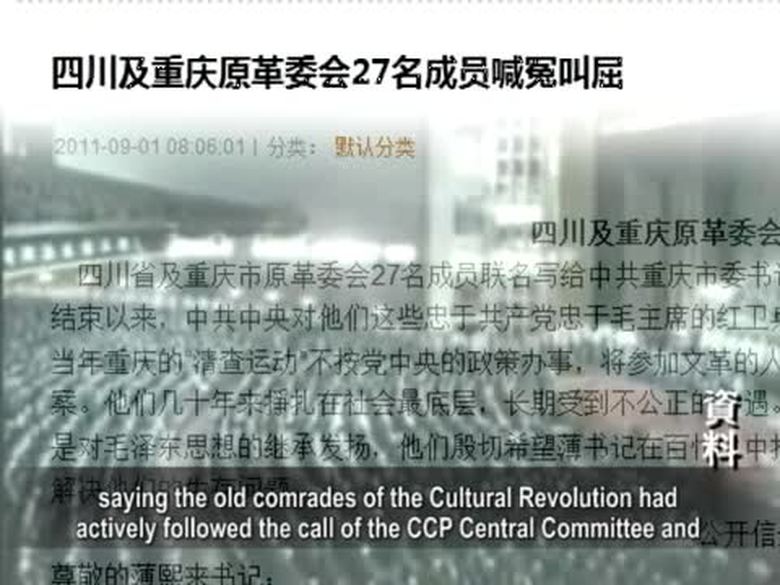
【禁聞】紅衛兵要平反 既受害又害人
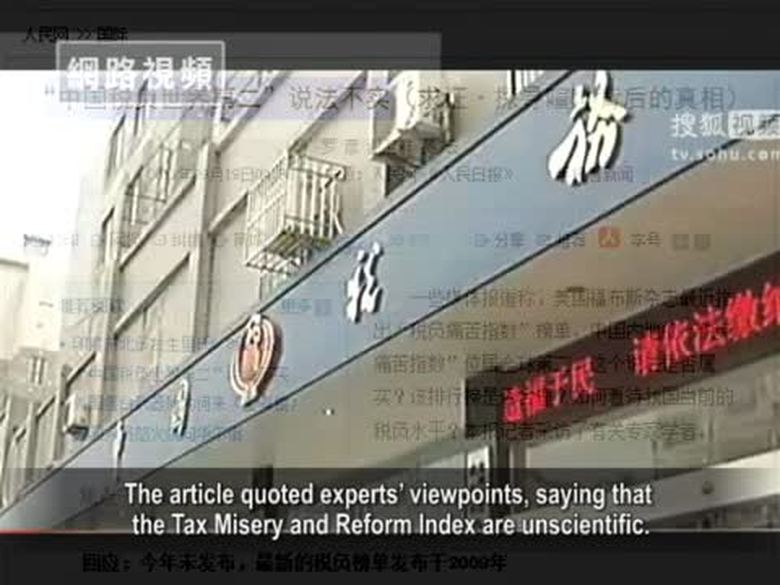
【禁聞】駁稅負痛苦指數全球第二 黨報挨批
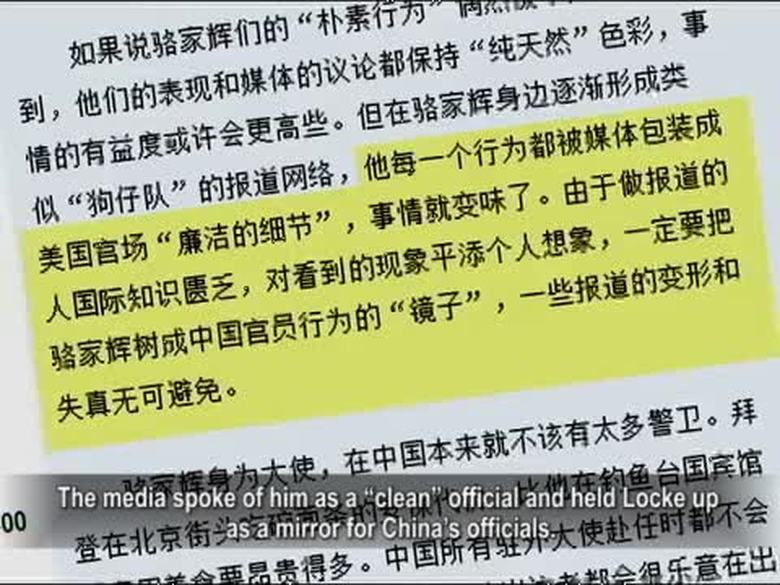
【禁聞】批美大使 《環球時報》「施暴」

【禁聞】高牆裏的故事:溫柔遭遇暴力








